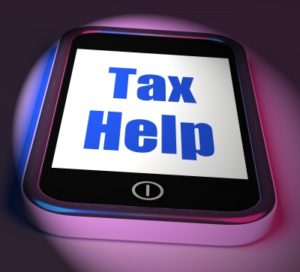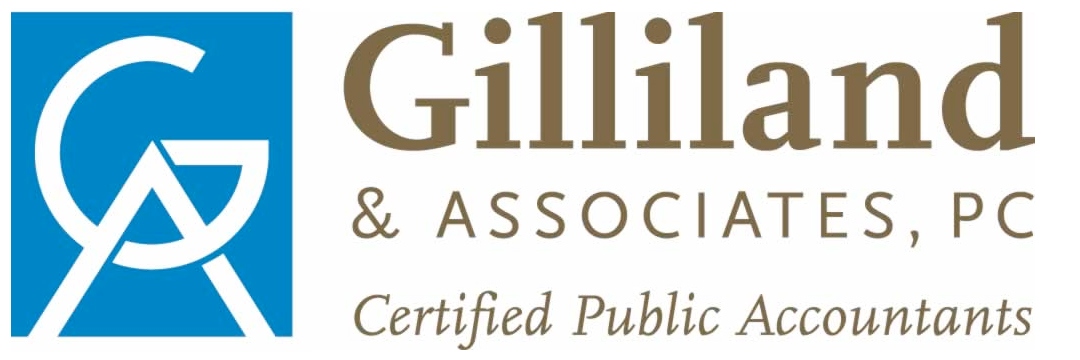Tax records – What you should keep

It’s that time of year when you are getting ready to sort out last year’s financial records and prepare for this year’s recordkeeping. Do you know what you should keep and what can you throw away? Here are some suggestions.
Keep records that directly support income or expense items on your tax return. For income, this includes W-2s, 1099s, and Form K-1s. Keep records of any other income you have received from other sources. It’s also a good idea to save bank statements and investment statements.
Keep documentation that supports all itemized deductions you claim. This includes acknowledgments from charitable organizations and backup for taxes paid, mortgage interest, medical deductions, work expenses, and miscellaneous deductions. Even if you don’t itemize, keep records of child care expenses, medical insurance premiums if you’re self-employed, and any other deductions that appear on your return.
The IRS can audit you routinely for three years after you file your return or the tax due date, whichever is later. But in cases where income is underreported, they can audit for up to six years. So, to be safe, consider keeping your tax records for up to seven years.
Gilliland & Associates, PC is a full-service CPA firm specializing in tax planning for individuals and businesses in the Northern Virginia area. We are based in Falls Church, VA and also service clients in McLean and Tysons Corner, VA. Gilliland & Associates is known for our superior knowledge and aggressive interpretation and application of tax laws. We help you keep more of your earnings by finding you the lowest possible tax on your business or personal tax return. You can connect with us on Google+, LinkedIn, Facebook, and Twitter
